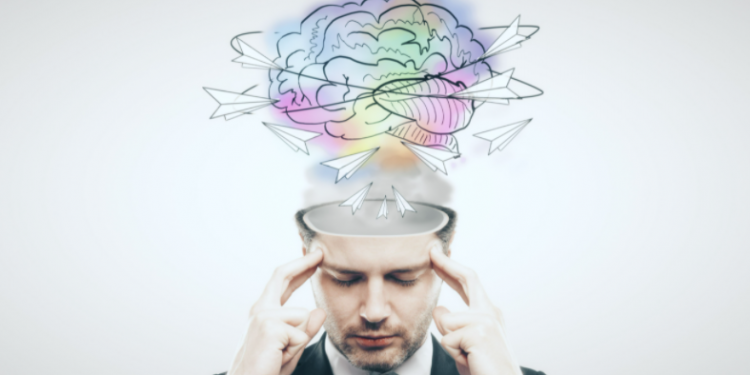By Dr. Shane Steadman
Brain fog is probably the most common symptom patients talk about after a concussion or brain injury. It is also one of the more common symptoms patients with other health issues mention. Patients attempt to describe what they feel in hopes that others, including their doctors, will understand the sensation they experience. Some brain fog descriptions include:
- I have fuzzy thinking.
- It feels like I am walking through molasses.
- I feel like I am looking through dirty windows.
- I feel like I am walking through mud.
- I’m sleepwalking through life.
- I have slow thinking.
- It’s difficult to focus and concentrate with a foggy brain.
- I can’t think clearly.
Struggling with brain fog can impact daily activities such as performing work requirements, being part of the family, being a parent, and even having a social life. Brain fog can also impact tasks such as being on a computer, reading, attending school, going to events, and driving. Brain fog can be a persistent and long-lasting feeling even after the more serious complications of a brain injury resolve. People use the term brain fog to describe their symptoms, but it is most likely a result of neuroinflammation. In order for a practitioner to develop strategies involving rehab and supporting brain fog, it’s important they understand the mechanisms of neuroinflammation.
In summary, the brain is constantly surveying nervous system tissue to determine if everything is healthy or in need of repair. Microglia is the main cell involved. The cells are also involved with the immune system and are responsible for maintaining homeostasis in the brain. They have different roles such as scavenging, engulfing debris, responding to injuries, and repairing injuries. Microglia migrate to the injured area and activate cytokine and immune mediators. Microglia are essential in brain health, but can also become sensitive and easily reactivated, even by the smallest event or triggers. This reactive state is what leads to brain fog.
An area of concern regarding brain fog is what happens post-concussion or post-injury. People typically are not educated thoroughly on strategies to support neuroinflammation during recovery or rehab. Most individuals are told to rest, eliminate screen time, and reduce activities. While this is beneficial short-term, the suggestions do not address inflammation within the brain. With a lack of education about brain fog, people eat poorly. A brain injury also makes a person susceptible to their environment, such as reactions to perfumes, exhaust fumes, chemicals, and even their own metabolic changes. Some of the comments by patients are:
- I can’t walk by a certain store without getting a headache.
- I can’t eat a certain food without having brain fog.
- I get brain fog when pumping gas.
- I get brain fog driving, especially in the city.
- I seem to get bloated, which triggers brain fog.
Nutritional therapies can be one of the more effective strategies to support brain fog. Compounds such as glutathione, curcuminoids, resveratrol and essential fatty acids (fish oil) can be extremely beneficial in supporting the microglia in the brain and reducing inflammation.
Neurological rehabilitation is crucial to improving neurological function and reducing brain fog. The idea of rest and eliminating external stimulus is appropriate temporarily, but lasting long-term results, rehab specific for each individual’s symptomatology is needed for lasting long-term results. Much like when acquiring a soft tissue injury, resting and using passive modalities, and then focusing on long-term rehab by improving functioning, strengthening, and then reintegrating back into activities of daily living are important Brain injuries and neurological complications (such as brain fog) do not seem to get the same type of care and attention. However, the implications if not properly identifying and treating these issues can cause significant health concerns later in a person’s life. Finding a practitioner who understands the neurological function and appropriate therapies to rehab the injured areas is essential. If the evaluation and examination are comprehensive, then outlining a strategy should be more impactful. Brain rehab is not something that can be a shortcut. The more appropriate the therapy, the faster the results.
Dr. Shane Steadman, DC, DACNB, DCBCN, CNS, is the owner and clinic director of Integrated Brain Centers. To learn more about how they can help with concussions, stroke, and TBIs, please visit www.integratedbraincenters.com. For a free consultation, please call 303-781-5617.











